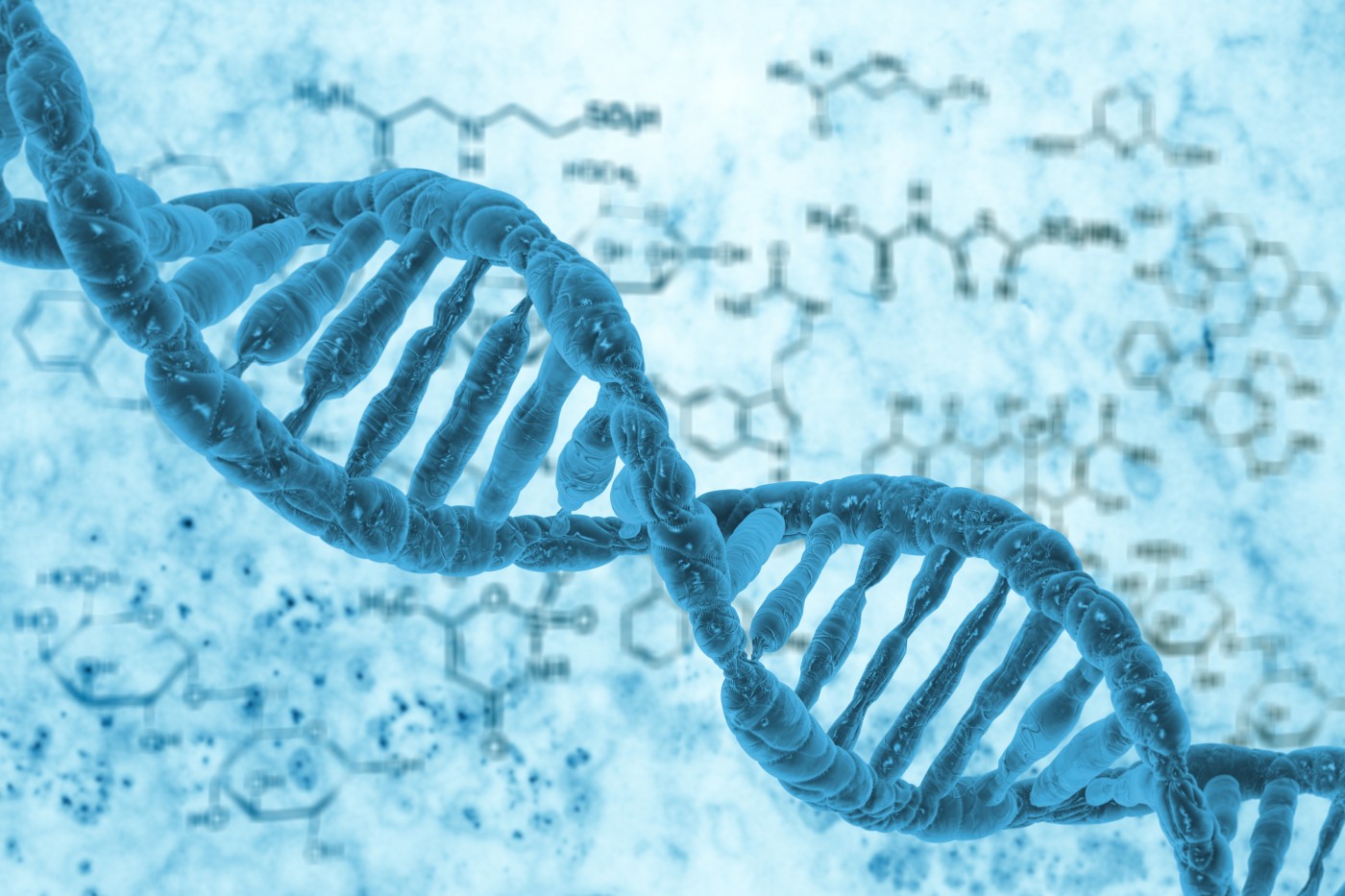Researcher at the University of California, Los Angeles (UCLA) have identified new mechanisms used by melanoma cells to avoid being recognized by the immune system and therefore escape it. This discovery could lead to the development of new and improved therapies for skin cancer.
The team of researchers analyzed tumor biopsies obtained from melanoma patients who received the immunotherapy drug pembrolizumab (Keytruda). They were led by Dr. Antoni Ribas, a professor of hematology and oncology, and director of the UCLA Jonsson Comprehensive Cancer Center Tumor Immunology Program.
Keytruda is an anti PD-1 antibody that helps special cells of the immune system, called T-cells, recognize and destroy tumor cells. It is very effective for the treatment of melanoma and can make the tumor disappear. However, for a subset of patients who have been treated with the drug, the tumor reappears and progresses.
Ribas’ team genetically compared tumor biopsies obtained from four patients before pembrolizumab treatment and after the tumor re-appeared. This was sometimes months and years later.
The team observed that in one patient the tumor no longer expressed a gene called B2M. This gene controls how the tumor is recognized by the immune system.
In two other patients, there were genetic changes that disrupted the function of the JAK1 and JAK2 genes, causing the tumor cells not to respond to signals from the immune T-cells that were telling them to stop growing.
The tumors from the fourth patient did not have any of these genetic changes, suggesting that other mechanisms that allow the cancer to escape immunotherapies exist.
“These findings can help open up a whole new potential area of research and allow us to better understand acquired resistance to these promising treatments,” Jesse Zaretsky, first author of the study, said in a press release.
The team is now planning to develop pre-clinical models to further analyze these genetic changes. According to Ribas, “as scientists learn what these mechanisms of tumor resistance are, they can combine inhibitor drugs that block multiple resistance routes and eventually make the tumors shrink for much longer, or go away completely.”
The study, “Mutations Associated with Acquired Resistance to PD-1 Blockade in Melanoma,” was published in the New England Journal of Medicine.



One comment